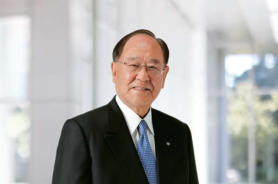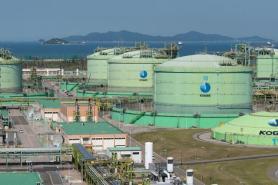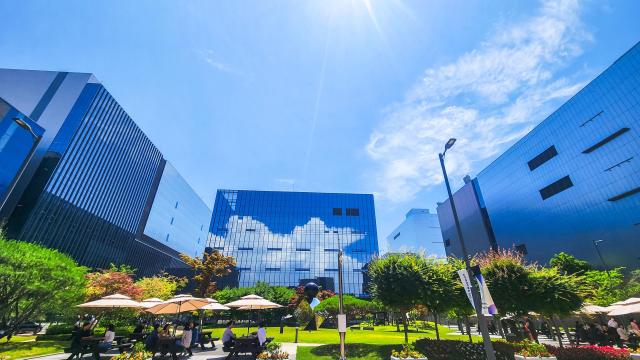
SEOUL, August 14 (AJP) - South Korea's largest contract development and manufacturing organization (CDMO) Samsung Biologics is charging ahead in global markets, even as U.S. President Donald Trump reshapes the biopharmaceutical landscape with sweeping protectionist measures.
Trump has repeatedly signaled his intention to impose tariffs on pharmaceutical imports, finally announcing on Aug. 5 plans to levy a "small tariff" before escalating rates dramatically.
"In one year, one and a half years maximum, it's going to go to 150 percent and then it's going to go to 250 percent because we want pharmaceuticals made in our country," Trump told CNBC in an interview.
While global drugmakers scramble to assess potential damage, industry experts say Samsung Biologics is unlikely to face significant headwinds. The firm focuses primarily on CDMO contracts, its biosimilars unit Samsung Bioepis now spun off from the firm.
"South Korea has relatively few drug substance or finished drug exporters at present, aside from major pharmaceutical companies," said Hwang Ju-rie, director of public and international relations at the Korea Biotechnology Industry Organization.

Meanwhile, Samsung Biologics has been actively participating in global healthcare events such as the J.P. Morgan Healthcare Conference and Interphex Week Tokyo 2025, attracting international drugmakers as CDMO customers.
A relative latecomer to the market, Samsung Biologics sprang to life after Samsung Electronics' late chairman Lee Kun-hee issued stern warnings that the group's cash-cow smartphone and LCD businesses could soon be overtaken by competitors. Needing fresh avenues for innovation, the group's future strategy office identified pharmaceuticals as a key growth sector.
The biologics arm of Samsung began operations in early 2011, with the groundbreaking ceremony for Plant 1 held in May. Drug production and drug substance good manufacturing practices were established by 2013, followed by FDA approvals in 2015, positioning the firm for global expansion.
Samsung Biologics went public in November 2016, fueling continuous growth. By 2020, it had opened an R&D center in San Francisco, and by 2025, the firm's fifth plant became fully operational, bolstered by robust CDMO operations.
In a regulatory filing released on July 23, Samsung Biologics posted 324.4 billion won (approximately $233.5 million) in second-quarter net profit — a 2-percent increase year-over-year.
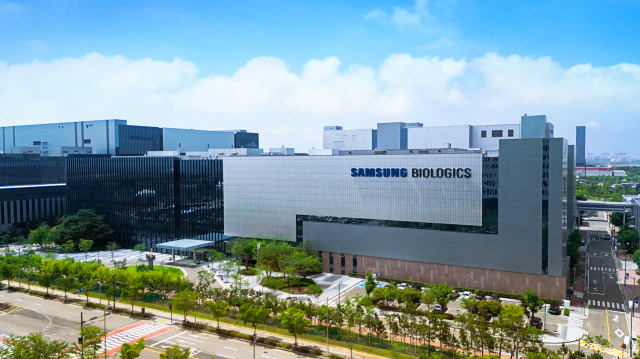
For the first half of the year, Samsung Biologics' sales totaled 2.59 trillion won with operating profit reaching 962.3 billion won — historic gains for the bio giant.
The company attributed its second-quarter performance to steady operations at Plants 1 through 3 and accelerated operations at Plant 4. Samsung Biologics noted it has signed a series of large-scale CDMO deals with global pharmaceutical companies this year, surpassing 60 percent of its full-year order total from 2024.
Despite current tailwinds, the firm faced scrutiny over legal conflicts concerning an alleged merger case dating back to 2015. Accusations claimed Samsung Electronics Chairman Lee Jae-yong committed unfair trading, stock price manipulation, and accounting fraud related to Samsung Group succession, with Samsung Biologics implicated in the fraud charges.
On July 17, the Supreme Court finalized Lee's acquittal in the controversial merger case, clearing Samsung Biologics of all accounting fraud allegations.
Samsung Biologics continues expanding its portfolio beyond major CDMO contracting, now venturing into contract research organization services as well.
On June 16, the firm announced the launch of Samsung Organoids — advanced drug screening services designed to support clients in drug discovery and development. These three-dimensional cell culture systems are engineered to closely mimic human organs, providing better predictions for patient responses.
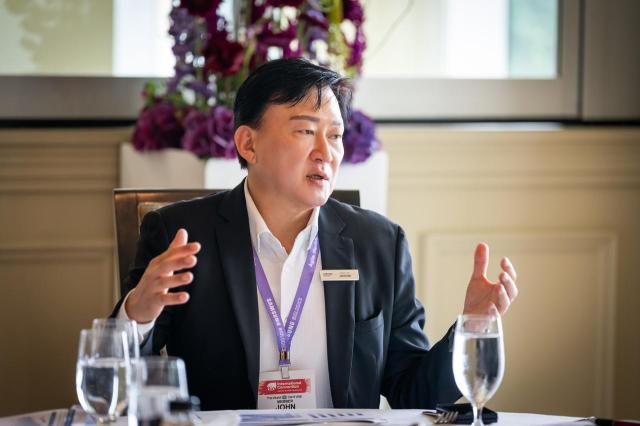
Further announcing the firm's advancements in antibody-drug conjugates (ADCs) and the launch of Samsung Organoids, Rim said Samsung Biologics is redefining digitalization in biomanufacturing, its strategic initiatives to "strengthen our ability to accelerate client pipelines, while fostering enduring partnerships grounded in quality and operational excellence."
As the global biopharmaceutical landscape undergoes rapid transformation amid trade tensions and technological advances, Samsung Biologics is well-prepared to capitalize on growing demand for both manufacturing expertise and cutting-edge research capabilities, cementing its status as a formidable player in the evolving life sciences arena.
Copyright ⓒ Aju Press All rights reserved.


